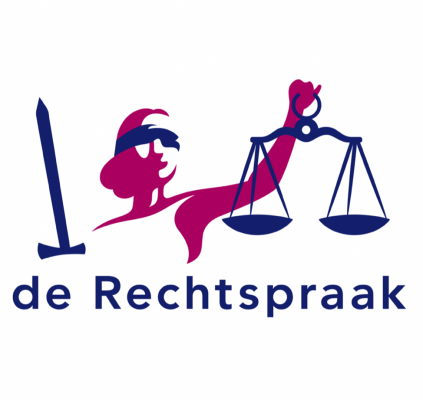The Canadian Privacy Commissioner Daniel Therrien, joined by the privacy commissioners of Alberta, British Columbia, and Quebec, has determined that the facial surveillance company Clearview has violated Canadian privacy law.
In a statement on February 3, 3021, Therrien explained, “Clearview sells a facial recognition tool that allows law enforcement and commercial organizations to match photographs of unknown people against a massive databank of 3 billion images, scraped from the Internet. The vast majority of these people have never been, and will never be, implicated in any crime.” Therrien continued, “What Clearview does is mass surveillance and it is illegal. It is an affront to individuals’ privacy rights and inflicts broad-based harm on all members of society, who find themselves continually in a police lineup. This is completely unacceptable.”
The extensive investigation found numerous violation of Canadian federal and provincial laws. The Canadian officials recommended that Clearview (1) “cease offering the service” in Canada, (2) cease the collection, use and disclosure of images and biometric facial arrays collected from individuals in Canada, and (3) delete images and biometric facial arrays collected from individuals in Canada in its possession.
The Clearview decision in Canada occurs with growing focus on the use of AI techniques for facial surveillance — the use of facial recognition for mass surveillance — around the world. Reuters reports that Russian authorities are deploying facial recognition cameras in Moscow to identify protesters during rallies in support of Kremlin critic Alexei Navalny, with human rights groups warning that the technology is being used to stifle peaceful dissent. With support from the European Commission, Greece is planning to deploy a live facial recognition this summer, though there are multiple concerns around the GDPR, the Greek Constitution, and the EU Charter of Fundamental Rights. There are ongoing concerns about the use of facial surveillance in China, particularly as it is directed toward ethnic minorities and political opponents. The Council of Europe has recently proposed a ban on facial recognition techniques. And the ReclaimYourFace coalition has launched a European Citizen Initiative to ban biometric mass surveillance.
In the 2020 report Artificial Intelligence and Democratic Values, the CAIDP found that “facial surveillance” is a red line for AI deployment, and recommended that countries “halt the use of facial recognition for mass surveillance.”
Marc Rotenberg, Director,
Center for AI and Digital Policy at the Michael Dukakis Institute
The Center for AI and Digital Policy, founded in 2020, advises governments on technology policy











